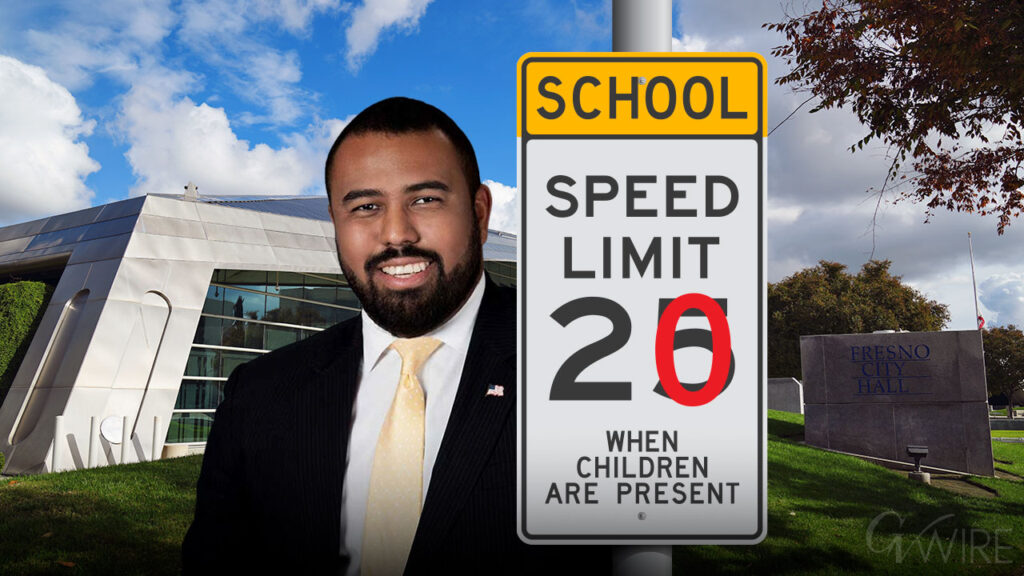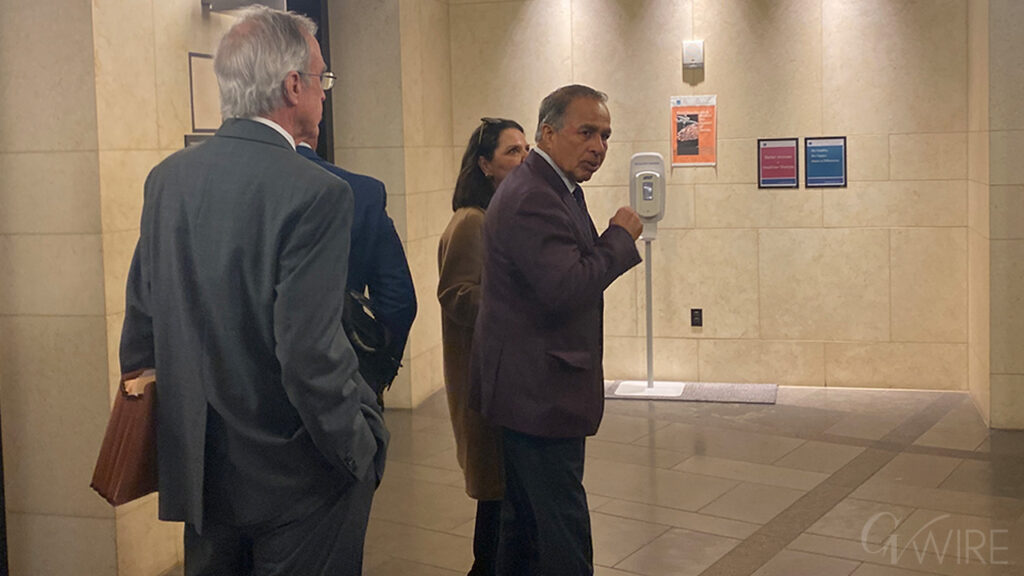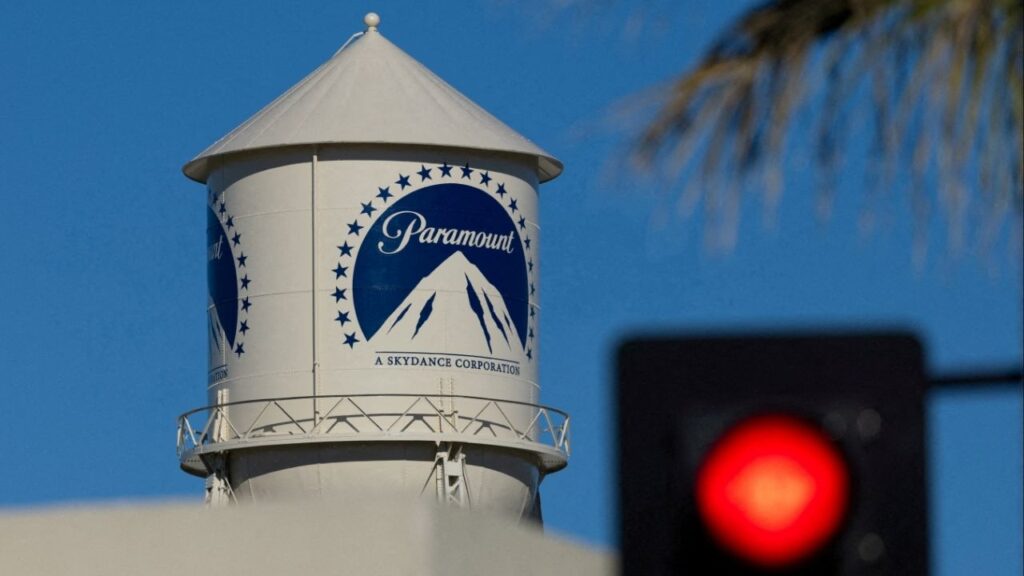Share
UC Davis Medical Center received the first case of community transmission of COVID-19 in the U.S. on Feb. 26. Within 24 hours of admission, the female patient’s respiratory status deteriorated.
Because of the severity of her illness, the team received approval from the Food and Drug Administration to treat the woman who is in her 40s with an investigational drug called remdesivir. She has since been discharged and is recovering at home.

“They (the infectious disease doctors) feel that this drug saved the patient’s life.” — Angela Haczku, M.D., Ph.D., UC Davis
The broad-spectrum antiviral developed by Gilead Sciences Inc. has been tested in humans with Ebola and has shown promise against coronaviruses in animal models according to UC Davis.
What Is Remdesivir and How It Works
Gilead Sciences has initiated two Phase 3 clinical studies to evaluate the safety and “efficacy” of remdesivir in adults diagnosed with COVID-19 following the FDA’s rapid review and acceptance of Gilead’s investigational new drug filing.
“Studies began enrolling patients in March 2020 and will enroll a total of approximately 1,000 patients in the initial phase of the studies, in countries with high prevalence of COVID-19,” Gilead said in an email to GV Wire. “Remdesivir is an experimental medicine that does not have established safety or efficacy for the treatment of any condition.”
Here is a little more information about remdesivir from Gilead’s website:
- In response to the Ebola outbreaks in West Africa in recent years, Gilead increased the manufacturing of remdesivir to create a stockpile that could be used for future pandemics, as well as a stockpile of the materials used to manufacture remdesivir.
- Gilead is now using this stockpile to address the supply needed for current compassionate-use requests and ongoing clinical trials.
An article published in The Scientist, a magazine for life science professionals, discusses remdesivir in the following manner:
“Researchers led by Vanderbilt University’s Mark Denison and the University of North Carolina at Chapel Hill’s Ralph Baric showed in 2017 that remdesivir could inhibit replication of the coronaviruses that cause both severe acute respiratory syndrome (SARS) and MERS in human lung cells. The authors also found that the drug reduced viral load and improved respiratory function in a mouse model of SARS.”
Remdesivir Clinical Trials
In a news release, Allison Brashear, dean of the UC Davis School of Medicine said, “Given the urgent need to find an effective treatment for COVID-19, clinical trials are essential for determining, from a scientific standpoint, if remdesivir is safe and effective. With this new study funded by the NIH, UC Davis will be an important contributor to these critical efforts.”
The nation's first known case of community-acquired #COVID19 was treated successfully at @UCDavisMedCntr. Now our experts have published details about the case so others can learn. #ID #research @ISDAInfo https://t.co/b6Tdy7ydx9 pic.twitter.com/X6ogaxCjTO
— UC Davis Health (@UCDavisHealth) March 30, 2020
Q&A With UC Davis Professor About the Use of Remdesivir
GV Wire spoke with Angela Haczku MD, Ph.D., of UC Davis to gain insight into what this could mean for other COVID-19 patients. She is the Professor of Medicine Associate Dean for Translational Research.
GV Wire: “How was the patient when she first arrived at the hospital?
“The patient’s status was very, very grave. At the time, when the doctors were desperately trying to help her, this drug worked very well for her. So, I think within a day or two, the course of the disease turned around.”
“Do you think that the drug helped her or do you think it was just absolute blind luck?”
“They (the infectious disease doctors) feel that this drug saved the patient’s life.”
“In California, can the governor approve remdesivir as a treatment without waiting for FDA approval?”
“I know it is a possibility. … I am very very hopeful that very soon we will have this resolved, and very soon we will have some treatment approved (by the FDA) for this disease.”
“By soon, do you mean months or do you mean sooner?”
“I would say one (month), but maybe not too many … could say maybe weeks.”
UC Davis Health has written a paper that’s now published in Clinical Infectious Diseases about their findings.
[covid-19-tracker]



















